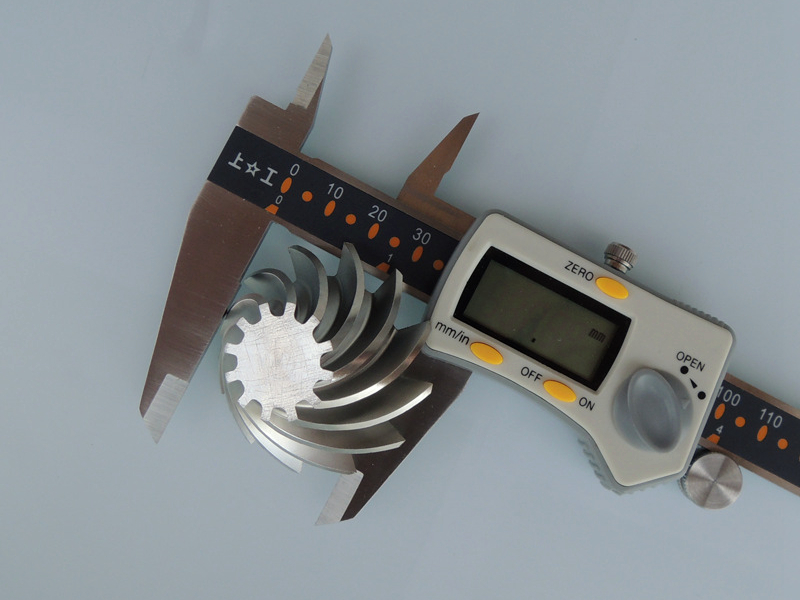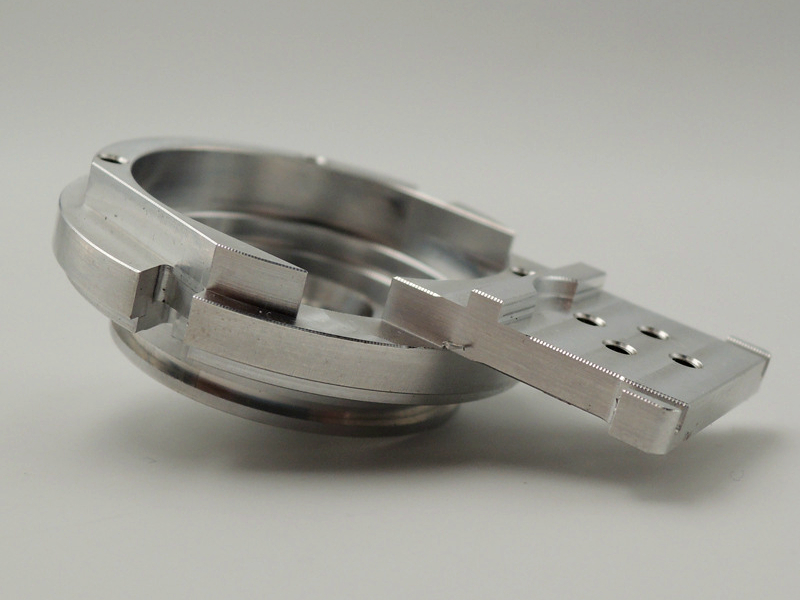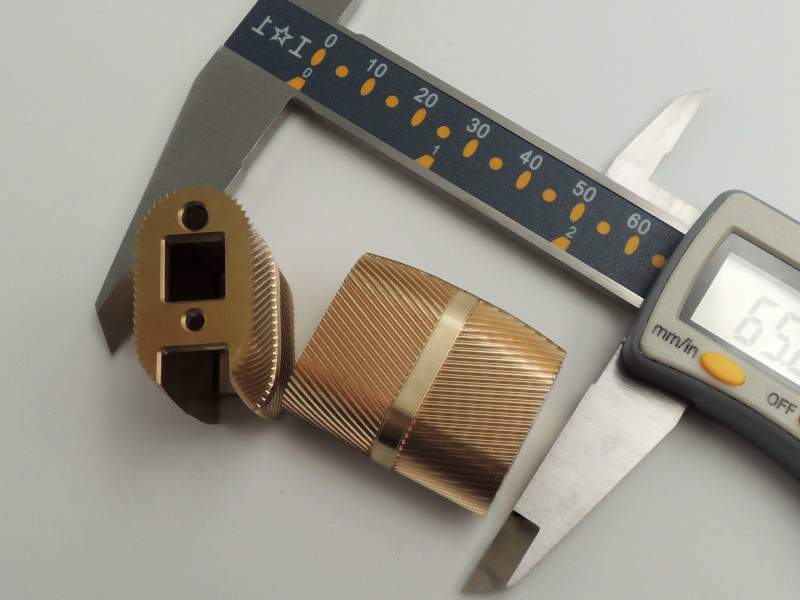How do I choose between plastic and metal for CNC milled parts?
How Do I Choose Between Plastic and Metal for CNC Milled Parts?
Key Considerations When Selecting Between Plastic and Metal
Choosing between plastic and metal for CNC milled parts depends on your part’s mechanical requirements, cost targets, thermal or chemical exposure, and design complexity. Each material category offers distinct advantages depending on the intended application, production volume, and tolerancing needs.
When to Choose Metal
High Strength and Load-Bearing Requirements: Metals like Aluminum 6061, Stainless Steel 304, and Titanium Ti-6Al-4V offer superior mechanical performance under stress, ideal for structural or functional components.
Thermal and Chemical Resistance: Metal components are better suited for high-temperature environments or exposure to aggressive chemicals, as in aerospace, oil and gas, or medical devices.
Dimensional Stability and Surface Precision: Metals maintain tight tolerances and are compatible with surface treatments such as anodizing, polishing, and PVD coating.
When to Choose Plastic
Lightweight Applications: Plastics such as ABS, POM/Delrin, and PEEK are ideal for reducing part weight while maintaining functional integrity.
Cost-Sensitive Prototypes or Low-Stress Parts: Plastic is typically more affordable and faster to machine than metal, making it a good choice for early-stage designs, consumer products, and electrical housings.
Insulation and Chemical Resistance: Plastics often provide superior electrical insulation and chemical resistance for parts exposed to moisture, solvents, or corrosive environments.
Material Comparison Table
Criteria | Metal | Plastic |
|---|---|---|
Strength & Stiffness | High (steel, titanium, aluminum) | Moderate (varies by polymer) |
Weight | Heavier | Lightweight |
Cost per kg | Higher | Lower |
Machinability | Good (aluminum, brass) | Excellent (ABS, POM) |
Tolerance & Surface Finish | Very tight, compatible with coatings | Good, may deform under heat |
Environmental Resistance | High (especially stainless, titanium) | Excellent in moisture/chemicals |
Neway’s Support for Material Selection
Neway offers expert guidance on material selection based on your application’s mechanical and environmental demands. We provide full CNC machining services for both metals and plastics, from prototyping to mass production, with ±0.01 mm precision and consistent quality across all materials.
Explore related services:



